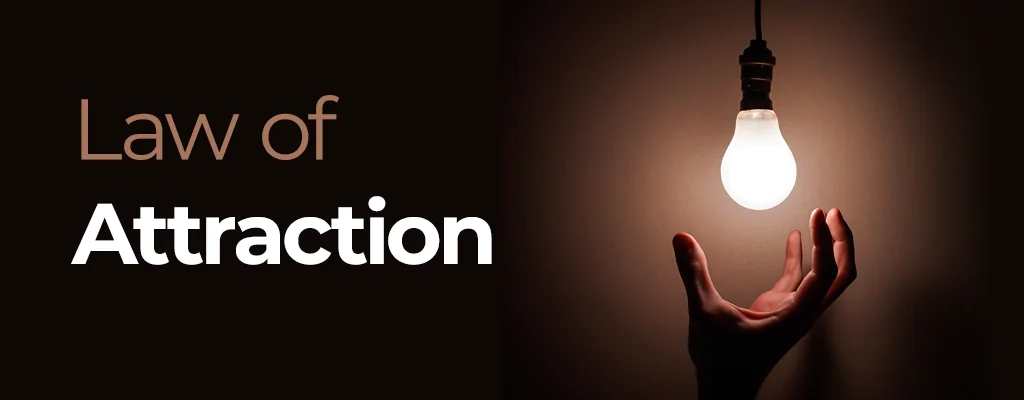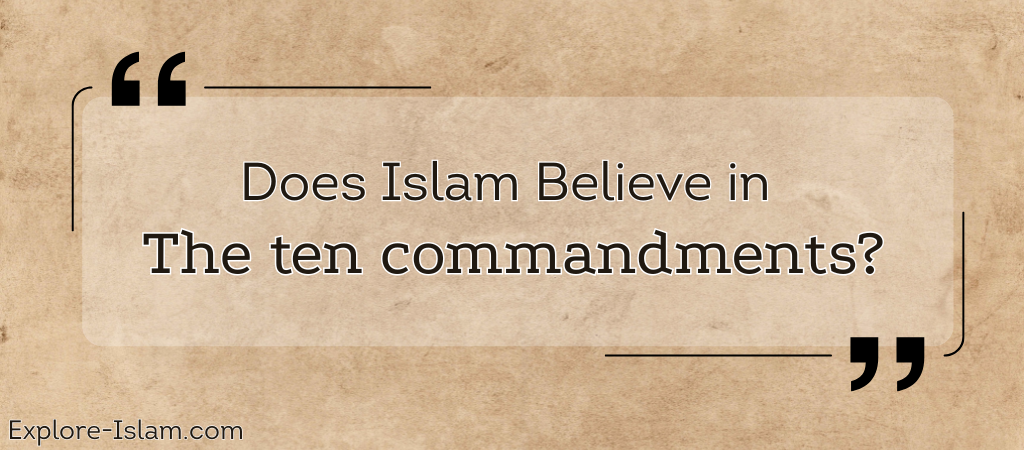Ever since the release of the book “The Secret” in 2006, there has been growing fame for the Law of Attraction, which very simply can be defined as “Like always attracts like”(Farber, 2016)(1) –
So, a positive thought attracts positive consequences and vice versa. The law extends beyond simple generalizations; rather, according to it, anything you put enough thought into will manifest.
The presumed way through which the Law of Attraction works is through a three-step process:
1) Ask – meaning to specify what you want.
2) Believe – meaning to believe you will get what you want and to act as the thing has come to you.
3) Receive – to open yourself to opportunities of receiving what you have asked for. The Law of Attraction does not necessitate that you strive towards what you want; it assumes this three-step process as sufficient.
The Truth About the Law of Attraction
Given how appealing this law is. How it guarantees one their wants through a simple process, it is important to ask:
Does it actually work?
Indeed, in science, any claim needs to be evidenced. Without sufficient proof to back up the assertation, it cannot be deemed true. The primary sources of proof are sensory inputs, reason, and reports (namely divine). Without evidence that pertains to at least one of those sources, a claim is, more likely than not, false.
Actually, anecdotal evidence, which are claims relying only on personal observation, is secondary. It means that they can be useful but one can not rely on them alone. It should not be taken out of context to support a claim.
In the book, Rhonda Byrne relies largely on anecdotal evidence, mostly through storytelling, to assert the truthfulness of the law by mentioning success stories. In addition to what has been discussed regarding the validity of anecdotal evidence, exclusively discussing stories where the law worked when “properly” used demonstrates a classic case of confirmation bias, which is the tendency to search for, interpret, favor, and recall information in a way that confirms or supports one’s prior beliefs or values.
Is the law scientifically proven?
There is also an attempt throughout the book to make the law scientific by relating it to natural sciences, namely quantum physics, by using terms like waves, magnetic fields, and energy. However, scientists view this law as, at best, metaphysical pseudoscience that is based on unfounded and incorrect assumptions (Farber, 2016).
The Law of Attraction and Divine Decree
Even if we do assume that the law is scientifically valid (which it is not), then it in no way can be accepted under Islamic legislation. In the book, the author claims that the law knows no divine decree (“The law of attraction is the law of creation”)
In fact, the essence of the law lies in magnifying human power (“you are God in a physical body”). The former very clearly contradicts the fundamental Islamic belief that nothing happens in the world except with the will of God. It is narrated in a prophetic saying:
“And know that what has passed you by [and you have failed to attain] was not going to befall you, and what has befallen you was not going to pass you by [Ahmad]”. (2)
The latter throws human power way out of proportion and opposes the notion that, as humans, we have no power or will except through God. Actually we are inherently weak,
And Allah wants to lighten for you [your difficulties]; and mankind was created weak” [An-nisa: 28](3).
Also, there is evidence in the Qu’ran that contradicts the essence of the Law of Attraction. In Chapter As-Shura, God says:
And it is He who sends down the rain after they had despaired and spreads His mercy. And He is the Protector, the Praiseworthy” [Ash-shuraa: 28](4),
To clarify, the ayah shows how a negative thought (i.e., despair) actually resulted in a positive consequence (i.e., rain and mercy).
Also, the same idea applies to verse 110 in Chapter Yusuf:
[They continued] until, when the Messengers despaired and were certain that they had been denied, there came to them Our victory, and whoever We willed was saved. And Our punishment cannot be repelled from the people who are criminals.” [Qur’an, 12: 110] (5)
The Real Secret
While I do not promise a three-step process that is fail-proof or results that you manifest through thought, I do promise a process that is purposeful, actionable, mindful, and that does not blame you when things do not work out how you want them to.
“Adhere to that which is beneficial for you. Keep asking Allah for help and do not refrain from it. If you are afflicted in any way, do not say: ‘If I had taken this or that step, it would have resulted into such and such,’ but say only: ‘Allah so determined and did as He willed.’ For the word ‘if’ opens the gates of satanic thoughts” [Muslim] (6)
Thus, adhere to that which is beneficial for you. Exert your best effort. Frankly, the world is not a perfect place where things simply come about only because we thought of them. Success is not guaranteed always, even when we work our best towards achieving it.
Keep asking Allah for help
Moreover, your control is limited, God’s is not. You are not meant to have any supernatural powers – you are merely a human.
Do not refrain from it
To conclude, do not stop trying. The things you want will only ever be if you work towards them, not according to the law of attraction. If you are afflicted in any way, do not say: ‘If I had taken this or that step, it would have resulted into such and such,’ but say only: ‘Allah so determined and did as He willed.’ If things did not go your way, then rest and assured it is for a purpose, and not necessarily because of a shortcoming. Islam is more attractive really!
References:
(1) The Truth about the Law of Attraction (Article)
(2) Prophet’s saying ‘Hadith’.
(3)Verse (4-28) of Qur’an. (English interpretation of meaning).
(4) Verse (42-28) of Qur’an. (English interpretation of meaning).
(5) Verse (12:110) of Qur’an. (English interpretation of meaning).
(6) Prophet’s saying ‘Hadith’.










